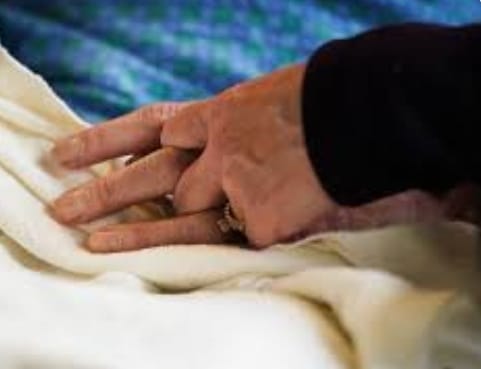Halifax, N.S – A clash has emerged between a group of Christian doctors and the College of Physicians and Surgeons of Nova Scotia regarding the province’s policy on medical assistance in dying (MAID). The doctors fear that their stance could lead to disciplinary action and drive similar-minded practitioners out of the province, while the regulatory body has described their concerns as provocative.
The Christian Medical and Dental Association of Canada, based in Dartmouth, N.S., held a press conference on Thursday to address a conscientious objection policy enacted by the college in May. The policy mandates that physicians who cannot or will not provide a legally available treatment must refer the patient to another clinician in good faith.
Larry Worthen, the association’s executive director, revealed that 41 physicians in Nova Scotia have signed a letter stating their inability to adhere to the policy on moral and ethical grounds.
“These physicians are at risk of complaints, investigations, and disciplinary processes that could potentially lead to the revocation of their licenses in Nova Scotia,” Worthen stated. “Having such disciplinary actions on their records could hinder their ability to practice in other provinces.”
Worthen also mentioned that 10 medical students at Dalhousie University have expressed their inability to comply with the policy. He assured that association members would not obstruct access to MAID, but would instead direct patients to Nova Scotia Health for information and guidance.
Dr. Gus Grant, the college’s registrar and CEO, told CBC News that the policy is straightforward. He emphasized that doctors with conscientious objections have an obligation to refer patients to another healthcare provider who does not object to providing the service. Grant highlighted that there are over 3,000 physicians in the province.
“We must consider their concerns from the perspective of the patients affected and ensure those patients have access to and support for this difficult care,” Grant said.
Dr. Amy Hendricks, an internal medicine physician in Antigonish, N.S., spoke at the press conference, expressing her inability to refer patients for MAID due to complex personal reasons. “The policy implies that if I refuse to provide such a referral, I am a bad doctor deserving of discipline, possibly even revocation of my license, suggesting that I should not be practicing,” she said.
Grant criticized her remarks as inflammatory, stating, “You’re not sending off a requisition to have your patient killed. You are asking another professional, who does not have a conscientious objection, to assess the patient’s eligibility for MAID.”
Grant acknowledged that MAID is one of several areas where physicians’ consciences may conflict with patient needs, including contraception, abortion, vaccination, and blood transfusions. He stressed that medicine is about prioritizing patients’ best interests and keeping them central in the healthcare system, citing a 2019 Court of Appeal of Ontario decision that required doctors to provide referrals for medical services conflicting with their religious beliefs.
Dr. Tim Holland, head of Dalhousie University’s bioethics department and a MAID provider, remarked that the language used at the press conference may not be in everyone’s best interests, emphasizing that the college aims to prioritize patient welfare.
“I’ve not known any physicians to leave Nova Scotia due to the college’s policies on MAID, abortion, or gender-affirming care,” Holland said.
A spokesperson for Nova Scotia Health confirmed that there is no evidence of doctors leaving the province or refusing to come because of the college’s policy.
Source: The Canadian Press


